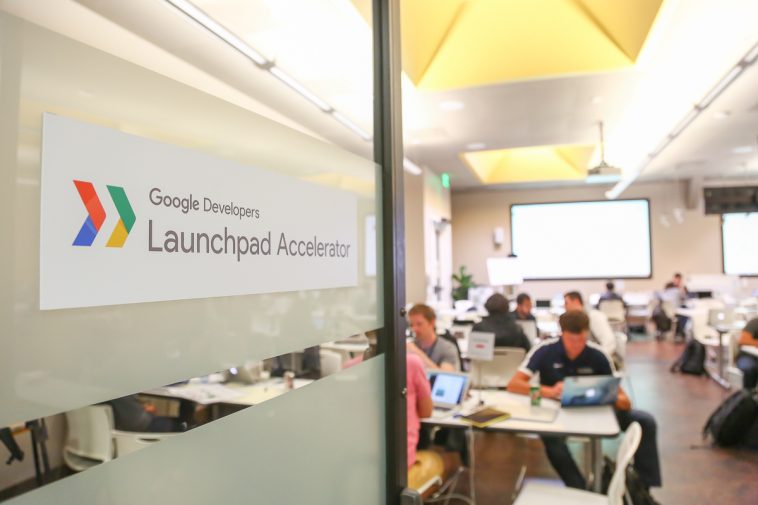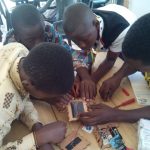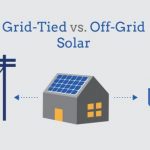Nigeria and South African startups have been selected to attend the fifth class of the Google Launchpad accelerator. The program which will run for six months, will offer a mentorship program. Distrup Africa reported in February 2017 that Google was planning to bring the Launchpad Accelerator to Africa, aimed at assisting in weighing up Google’s current technologies to boost their businesses through mentoring.
The Launchpad Accelerator was hence expanded to accommodate the other startups from Kenya, Nigeria, South Africa, Algeria, Egypt, Ghana, Uganda, Morocco, Tunisia, and Tanzania which are presently covered. Startups from across the world have been selected to take part in the latest class, including three from Africa with Nigeria represented by two companies.
The two startups to represent Nigeria are electronic medical record startup Helium Health and fintech startup Paylater. Aerobic from South Africa that helps farmers optimize their yields and reduce their costs through its aerial data analytics platform is also selected. Startups from countries like Bangladesh, India, Thailand, Hungary, Poland, Russia, Argentina, Brazil, and Mexico will also be present.
Roy Glasberg, global lead for the Google Developers Launchpad said that the summit which includes various startups across the world would be aimed at improving on how medical records are streamlined to improving the screening of breast cancer. The Launchpad accelerator will include a two-week boot camp in San Francisco and mentoring programs from more than thirty groups within Google and expert mentors from top technology companies and Version Control system (VCs) in Silicon Valley and across the world.



